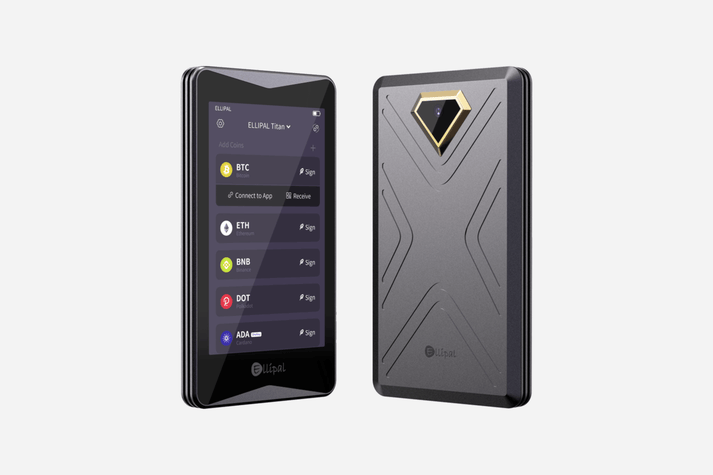Unlock Your Crypto Future: Discover the Ultimate Cold Wallet for Secure Transactions!
As cryptocurrencies continue to gain traction, the importance of securing your digital assets cannot be overstated. Cold wallets for sale, also known as hardware wallets, have emerged as a critical solution for anyone looking to protect their investments from the increasing threat of cyber attacks and hacking attempts. Unlike their online counterparts, cold wallets store your cryptocurrency offline, significantly reducing the risk of unauthorized access. With the recent surge in digital currencies and the alarming rise in security breaches, investing in a cold wallet is not just advisable, it’s essential for anyone serious about their crypto future.

Understanding Cold Wallets
Cold wallets are physical devices designed to store cryptocurrency offline, offering a stark contrast to hot wallets that are connected to the internet. Hot wallets are convenient for quick transactions but leave your assets vulnerable to hacking. Cold wallets, meanwhile, come in various forms, including hardware wallets, paper wallets, and even USB drives. Hardware wallets are the most popular type and are built specifically for securing private keys, making them highly resistant to malware and online threats. Each type of cold wallet has its unique features; for instance, hardware wallets often come with built-in security measures like PIN protection and recovery seed phrases, while paper wallets offer a completely offline solution by allowing you to print your keys. Understanding these differences is crucial for selecting the right cold wallet that meets your needs.
Benefits of Using Cold Wallets
The benefits of using cold wallets are numerous and significant. First and foremost, the enhanced security they provide is unparalleled. By keeping your private keys offline, cold wallets effectively safeguard your assets against hacks that target online wallets. Additionally, cold wallets give users complete control over their cryptocurrencies, removing third-party risks associated with exchanges and hot wallets. This level of control is particularly reassuring in a landscape where exchange hacks have led to significant losses for many investors. Furthermore, cold wallets often come with features that ensure your assets are safe even in the event of device theft or loss. For instance, many hardware wallets allow users to create a backup of their keys, ensuring access can be restored even if the device is compromised. This combination of security, control, and peace of mind makes cold wallets a wise investment for any cryptocurrency owner.
Factors to Consider When Buying a Cold Wallet
Choosing the right cold wallet requires careful consideration of several key factors. Security features should be at the top of your list; look for wallets that offer strong encryption and advanced security protocols, such as two-factor authentication and biometric locks. Ease of use is another critical factor; a user-friendly interface can make all the difference, especially for those new to cryptocurrency. Compatibility with various cryptocurrencies is also essential; ensure the wallet you choose supports the specific currencies you plan to store. Customer support is another aspect not to overlook; responsive and knowledgeable support can be invaluable, especially if you encounter issues or have questions about your wallet. Lastly, consider the wallet’s reputation within the crypto community; researching reviews and seeking recommendations from trusted sources can help you make an informed decision.
How to Safely Use Your Cold Wallet
To safely use your cold wallet, always consider the following best practices: avoid connecting it to untrusted computers, ensure it is securely stored in a safe location, and maintain backups of your recovery phrase. This way, you can protect your assets from vulnerabilities, theft, or loss. Lastly, the importance of securing your cold wallet cannot be overstated; ensuring it remains separate from public access is paramount.
Safeguarding Your Cryptographic Assets
In the ever-evolving world of cryptocurrency, securing your investments is more crucial than ever. Cold wallets offer a robust solution for protecting your digital assets from the myriad of online threats that exist today. By understanding what cold wallets are, recognizing their benefits, and evaluating key factors when purchasing one, you can make informed decisions that safeguard your financial future. As you embark on your journey in the cryptocurrency space, consider investing in a cold wallet to ensure your assets remain secure. Your crypto future deserves the utmost protection, and with the right cold wallet, you can achieve peace of mind while navigating this exciting landscape.










Comments